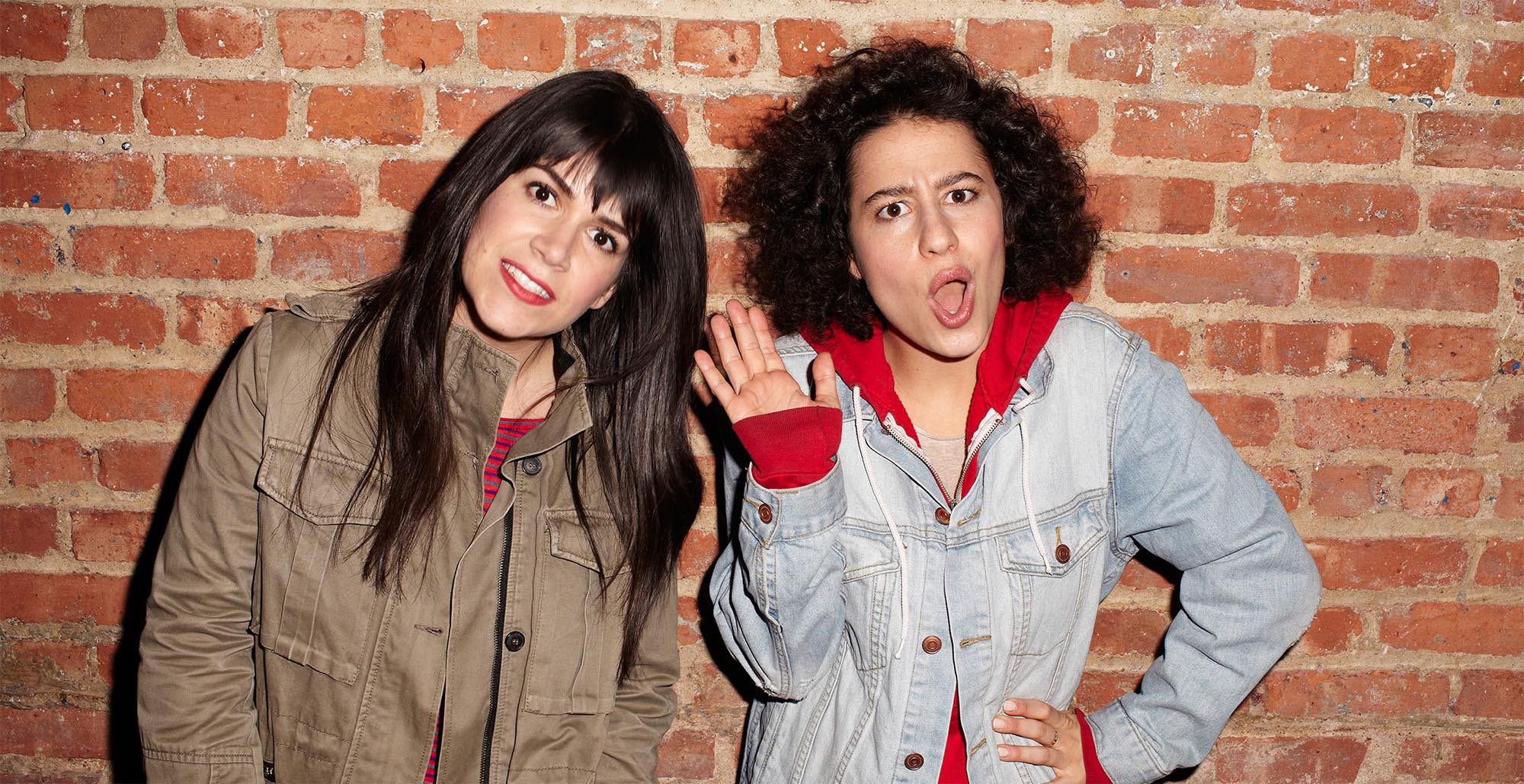
Here’s how ‘Broad City’ smashes outdated gender stereotypes
It’s happening. This year we witness the end of an era. Broad City – a show which by then will have been on the air for five seasons – comes to an end.
In the spirit of not being sad that it’s over, but happy it happened at all, let’s take a moment to appreciate the show. The millennial-centric series wasn’t just funny, it also made some serious headway in breaking down outdated gender stereotypes. Here’s why we’ll miss it so much:
It embraces period humor
Real talk. Gross-out humor has historically been a man’s playground. Sure, we’re supposed to crease with laughter when a male protagonist has sperm on his ear (we’re looking at you, Ben Stiller!) but at the sight of womanly fluids, no one cracks a smile. It’s all a part of the ‘women aren’t funny’ rhetoric – a complete minefield and one we don’t have time to get into just now.
But toward the end of Broad City‘s third season, the writers chose to delve deep into the world of period humor. Our first glimpse into this weird and bloody world came in episode nine “Getting There“, when Ilana unleashed her ‘period pants’ – jeans sporting a giant blood stain. The character uses them to avoid getting searched at the airport. It works.
In the following episode, “Jews on a Plane“, Abbi gets her period while mid-flight and the two characters go about trying to find sanitary products – to hilarious effect. From asking complete strangers onboard the plane to trying to fashion a, rather questionable, homemade tampon, the duo handle the ‘taboo’ topic effortlessly as the episode takes a bizarre turn.
It’s not all about romance
Think of every female-led comedy series that you’ve ever binged – what do they have in common? That’s right. The stereotypical love interest that permeates through each and every season without fail. Picture a devilishly handsome creature that’s on the wrong side of unattainable and you’re there. The message is clear: women are nothing without a significant other.
That’s where Broad City sets itself apart from the rest of the pack. While both Glazer and Jacobson’s characters have occasional flings, their goals and aspirations surpass the welcoming arms of a lover.
The show passes the Bechdel Test hands down with the protagonists rarely straying onto the topic of men. In fact, you’re more likely to find these ladies discussing their favorite strain of weed, comparing the best pizza places in the city, or chatting modern-day feminism. One word: relatable.
While it shouldn’t be the case, seeing women represented this way on mainstream television is nothing short of refreshing. It marks a new phase in the realm of typical female leads, all the while showing that, hell yes, ladies can be humorous without being love obsessed (we’re looking at you, Crazy Ex-Girlfriend!). Like it or lump it, Broad City is a positive step in the right direction. Let’s hope Ilana and Abbi keep walking the walk come season five.



